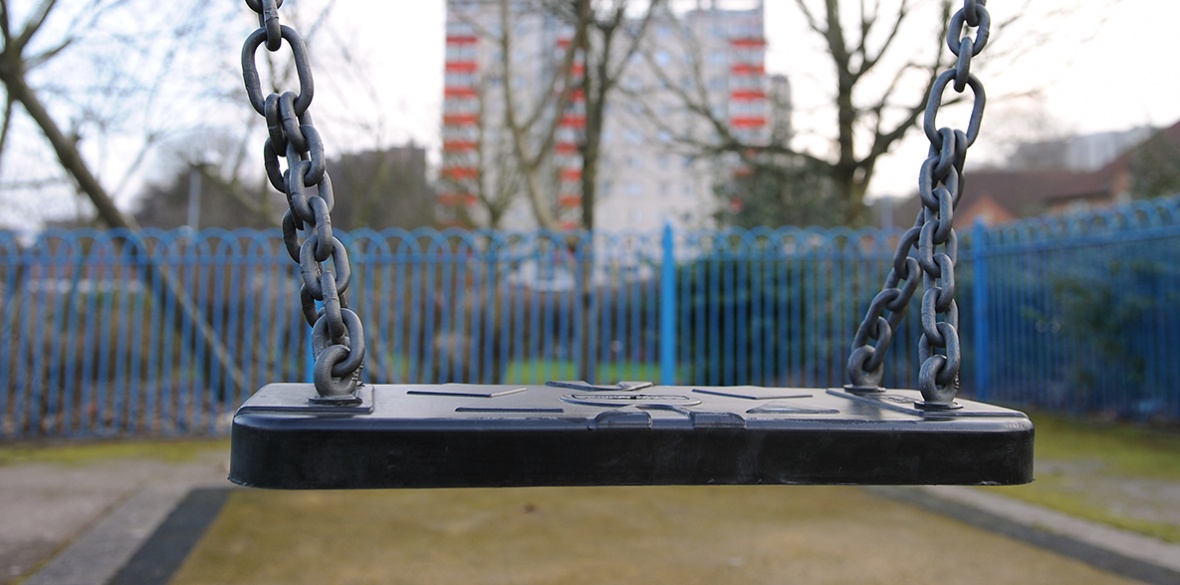This is the last article you can read this month
You can read more article this month
You can read more articles this month
Sorry your limit is up for this month
Reset on:
Please help support the Morning Star by subscribing here
THE government’s lack of support is plunging people deeper into poverty during a difficult Covid winter, with research today exposing the hundreds of thousands of children living in destitution.
In total, about 2.4 million people experienced extreme hardship in 2019, a report by the Joseph Rowntree Foundation (JRF) has revealed.
The JRF said the figure represents an “appalling” rise of 54 per cent over 2017 levels and includes 550,000 children, a 52 per cent increase in the two years to 2019.
In a separate report released today, the Resolution Foundation (RF) highlighted the government’s failure to support workers to self-isolate with decent sick pay.
The RF warned that the eligibility criteria for statutory sick pay (SSP) was leaving two million of Britain’s lowest-paid workers without support, and low replacement rates meant that people struggle to afford even basic essentials while on sick pay.
According to the JRF, destitution is when a household cannot afford two or more essentials such as shelter, food, heating and clothing.
One in seven people living in extreme hardship are in paid work, its report said, adding that the situation was more concentrated in northern regions.
It also identified “key drivers” of the situation, blaming the five-week wait for universal credit (UC) along with “inadequate benefits.”
The JRF expressed concern about the impact of the coronavirus outbreak on people with little money and called on the government to retain the £20-a-week boost to UC introduced during the Covid-19 pandemic and not carry out plans to stop the extra payments next April.
Opposition figures have backed the JRF’s calls, condemning the government’s lack of support.
Labour shadow work and pensions secretary Jonathan Reynolds said: “The government must do more to support struggling families who are facing real hardship this winter.
“They must see sense and scrap the planned cut to UC, which will take £20 a week from six million families.
“We urge the government to end the disastrous five-week wait which is pushing people into debt, as well as increase support for those on legacy benefits, such as carers and disabled people, who have had no additional support throughout this crisis.”
SNP shadow work and pensions secretary Neil Gray said: “It is now beyond doubt that a decade of Tory austerity cuts have punished families and pushed millions of children into poverty and hardship.
“The Tory government must finally take responsibility for the damage it has done.
“Even before Covid-19, millions of households were struggling to get by as a direct result of Tory cuts to social security, punitive policies like the two-child cap and bedroom tax, and the devastating impact of Brexit.”
Mr Gray called on Chancellor Rishi Sunak to reverse his government’s “appalling record on poverty” by introducing an emergency package to boost incomes, reversing the Tory public-sector pay freeze, delivering support for the three million excluded, making the £20 uplift to UC permanent and extending it to legacy benefits.
The RF report warned that the failure of the government to provide adequate sick pay was a “significant problem” for individuals’ livelihoods when they have to self-isolate or fall ill.
“Given the pressures households have already dealt with over the past nine months due to the economic fallout of the coronavirus crisis, it is unjustifiable to continue placing the financial burden of self-isolating on the individual,” it added.
The low sick pay is preventing some workers who need to self-isolate from doing so and could be contributing to the spread of coronavirus, the study also warned.
Trade Union Congress (TUC) general secretary Frances O’Grady said: “The lack of decent sick pay has been a gaping hole in the government’s Covid strategy.
“Asking workers to self-isolate on £96 a week is not viable – especially when many don’t have savings to fall back on.
“Nobody should be plunged into financial hardship for doing the right thing. Sick pay should be raised to at least the rate of the real living wage and everyone should be entitled to it.”










